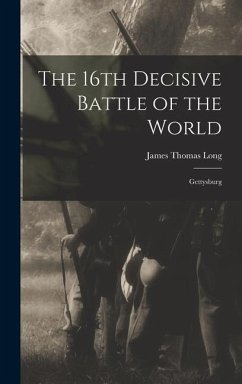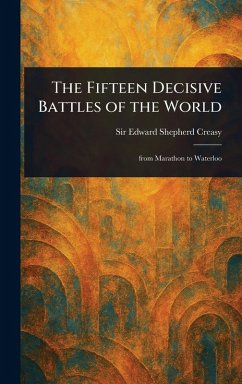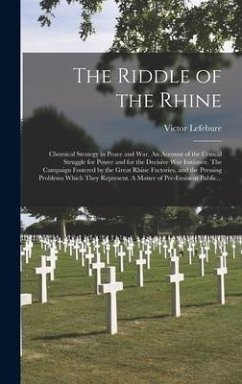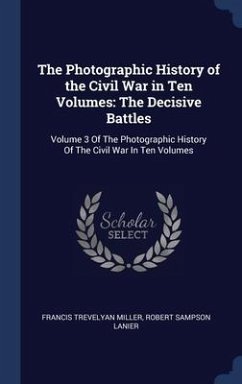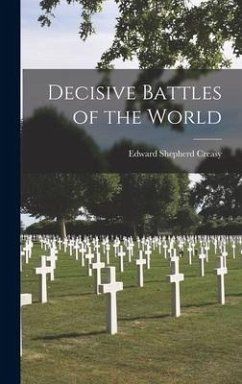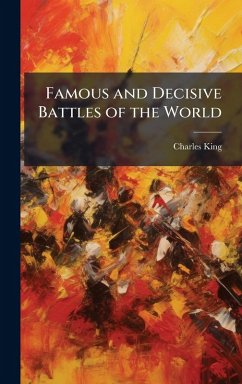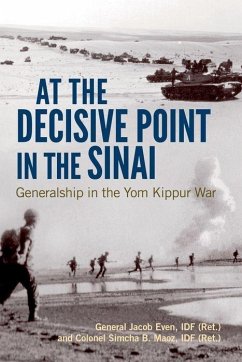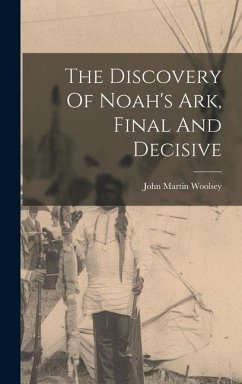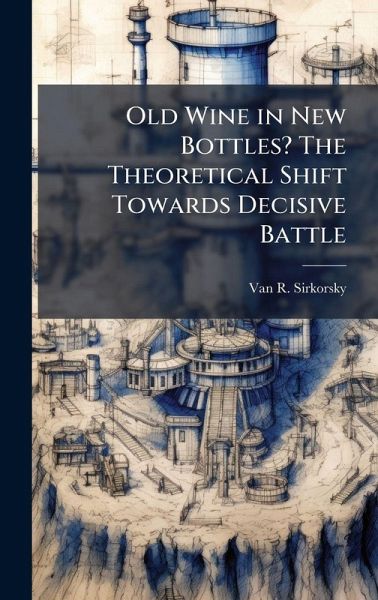
Old Wine in New Bottles? The Theoretical Shift Towards Decisive Battle
Versandkostenfrei!
Versandfertig in über 4 Wochen
28,99 €
inkl. MwSt.
Weitere Ausgaben:

PAYBACK Punkte
14 °P sammeln!
This monograph analyzes classical warfare and modern warfare to determine whether there is a theoretical shift occurring that is blending the tenets of both of these theories of war. Exploitation of the inherent strengths of each of these theories of warfare could lead to a more cogent form of warfare appropriate for the U.S. Army as it implements its current transformation. The use of military force, or the threat of military force, has been a dominant feature of societies from the most primitive to the highly advanced. Whether organized along primitive tribal groupings for use only during ti...
This monograph analyzes classical warfare and modern warfare to determine whether there is a theoretical shift occurring that is blending the tenets of both of these theories of war. Exploitation of the inherent strengths of each of these theories of warfare could lead to a more cogent form of warfare appropriate for the U.S. Army as it implements its current transformation. The use of military force, or the threat of military force, has been a dominant feature of societies from the most primitive to the highly advanced. Whether organized along primitive tribal groupings for use only during time of war, or whether organized from complex industrial societies as professional standing armies, all military forces have theoretical underpinnings. Without a coherent theory of war, it is impossible to employ organized military force in an effective fashion. The military force operating from the most effective and appropriate military theory has the greater chance of victory. The two most dominant theories of war for conventional forces are those of classical warfare, enumerated by decisive battle, and modern warfare aptly defined within the operational art. The use of the concept of tenets is most useful as the monograph defines decisive and operational warfare. The monograph must first explore the definition of classical warfare and decisive battle. The monograph develops a definition for decisive battle utilizing historical example and then determines the tenets that propagate the theory of classical warfare. Analyzing in detail the component parts or tenets of the theory of classical warfare determines the theoretical basis for how the militaries of the past conducted warfare either successfully or unsuccessfully. Next, the monograph defines operational war, identifies its basic tenets and provides historical examples of the conduct of modern warfare. Like decisive battle, the concept of operational war is currently open to interpretation. However, there has been much w This work has been selected by scholars as being culturally important, and is part of the knowledge base of civilization as we know it. This work was reproduced from the original artifact, and remains as true to the original work as possible. Therefore, you will see the original copyright references, library stamps (as most of these works have been housed in our most important libraries around the world), and other notations in the work. This work is in the public domain in the United States of America, and possibly other nations. Within the United States, you may freely copy and distribute this work, as no entity (individual or corporate) has a copyright on the body of the work. As a reproduction of a historical artifact, this work may contain missing or blurred pages, poor pictures, errant marks, etc. Scholars believe, and we concur, that this work is important enough to be preserved, reproduced, and made generally available to the public. We appreciate your support of the preservation process, and thank you for being an important part of keeping this knowledge alive and relevant.




